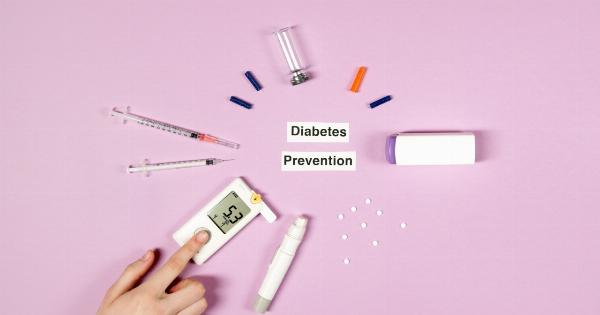Depression is a common mental disorder that affects millions of people globally. One of the most popular theories about depression is that it is caused by an imbalance of neurotransmitters like serotonin.
However, a recent study has revealed that serotonin may not be linked to depression after all. This study has challenged the long-held belief that a lack of serotonin leads to depression.
Understanding depression:
Depression is a complex mental disorder that affects the way people think, feel, and behave. It is characterized by a persistent feeling of sadness, hopelessness, and loss of interest in life.
There are various factors that can contribute to depression, such as genetic, environmental, and psychological factors. One of the most common theories about depression is that it is caused by a chemical imbalance in the brain.
The serotonin hypothesis:
The serotonin hypothesis suggests that depression is caused by a lack of serotonin in the brain. Serotonin is a neurotransmitter that regulates mood, appetite, sleep, and other bodily functions.
It is often referred to as the “feel-good” hormone because it helps to regulate our emotions. The theory goes that lower levels of serotonin lead to depression and that increasing serotonin levels can alleviate depressive symptoms.
The research:
However, a recent study carried out by researchers at the University of Bristol has challenged this theory.
The study, which was published in the journal Neuroscience and Biobehavioral Reviews, analyzed the relationship between serotonin and depression in both humans and animals. The researchers found that there was no consistent link between low levels of serotonin and depression.
Animal studies:
The researchers first conducted a meta-analysis of over 500 animal studies that had investigated the relationship between serotonin and depression-like behavior.
The analysis revealed that only 13% of the studies showed a significant relationship between serotonin and depression. The majority of the studies showed no significant correlation between serotonin and depression-like behavior.
Human studies:
The researchers also analyzed data from over 180 human studies that had investigated the relationship between serotonin and depression.
They found that while some studies did report lower levels of serotonin in people with depression, these findings were inconsistent. In fact, some studies found higher levels of serotonin in people with depression.
Limitations of the serotonin hypothesis:
The researchers conclude that the serotonin hypothesis is too simplistic and that depression is a much more complex condition than previously thought.
They argue that the serotonin hypothesis has several limitations, including the fact that serotonin is not the only neurotransmitter involved in depression. Other neurotransmitters, such as dopamine and norepinephrine, also play a role in regulating mood and can contribute to depression when they are out of balance.
Alternative theories:
While the serotonin hypothesis may not be entirely accurate, researchers continue to study the link between neurotransmitters and depression.
Some researchers are investigating alternative theories about the causes of depression, such as the inflammation theory. This theory suggests that depression may be caused by chronic inflammation in the body. Other researchers are investigating the role of genetics and environmental factors in the development of depression.
Treatment implications:
The findings of this study have important implications for the treatment of depression. Many antidepressant medications work by increasing serotonin levels in the brain.
However, if the serotonin hypothesis is not entirely accurate, then these medications may not be effective for everyone with depression. Researchers may need to explore alternative treatments that target different neurotransmitters or address other underlying causes of depression.
Conclusion:
The link between serotonin and depression has been the subject of significant research over the past few decades. However, a recent study has challenged the long-held belief that serotonin is responsible for depression.
While some studies have shown a correlation between low levels of serotonin and depression, this relationship is inconsistent and may not be entirely accurate. Researchers continue to study the complex causes of depression in order to develop more effective treatments.





























